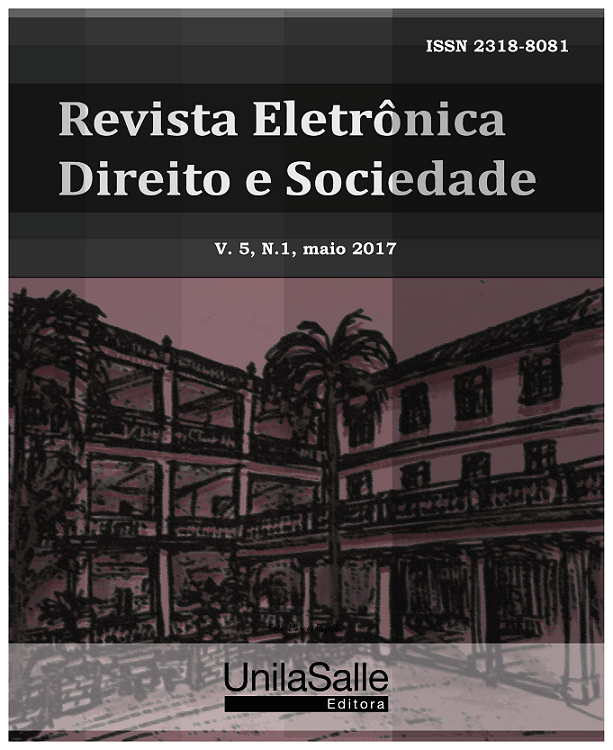The (in) Efficiency of the Information Duty in Consumer Relations : How to surmount the mutual mistrust between consummers and suppliers in the pre-contractual environment?
DOI:
https://doi.org/10.18316/redes.v5i1.3440Keywords:
Offer Control, Consumer Relation, Voluntarism, Consumer Law, Information Duty.Abstract
The Present work analyses, through bibliographic research, the evolution of the Institute of Offer Control from a technical legal perspective, from an individualistic perception of will to its necessary relativisation imposed by the constant challenges of the consumers’ market, whose main actors are immersed in a mutual mistrust atmosphere, and, in this context the State shows a little involvement in the exercise of its mediating function. Improve the quality of the Offer Control trough access to better informational content by the consumer will favor the responsible exercise of their freedom of choice and, therefore, the raising of quality levels of consumer goods. Therefore, there is scope for social modernization, so that consumer preferences and needs are weighed and discussed on the basis of equality in the political debate.
Downloads
Published
Issue
Section
License
Authors who submit their manuscripts for publication in the “REDES” Magazine agree to the following terms:
The authors claim to be aware that they retain copyright by giving “REDES” the right to publish.
The authors declare to be aware that the work submitted will be licensed under the Creative Commons Non-Commercial Attribution License which allows article sharing with acknowledgment of authorship and publication in this journal.
The authors declare to be aware that by virtue of the articles published in this journal have free public access.
The authors declare, under the penalty of the law, that the text is unpublished and original and that they are aware that plagiarism has been identified, plagiarized authors will be informed - willingly, to take legal action in the civil and criminal sphere - and, plagiarists will have their access to the magazine blocked.
The authors state that - in case of co-authoring - all contributed significantly to the research.
Authors are obliged to provide retractions and (or) corrections of errors in case of detection.
The authors are obliged not to publish the text submitted to “REDES” in another electronic journal (or not).
The Electronic Journal Law and Society - REDES - is licensed under a Creative Commons License. Attribution-NonCommercial 4.0 International.Based on work available at "http://revistas.unilasalle.edu.br/index.php/redes/about/submissions#copyrightNotice".
Permissions in addition to those granted under this license may be available at http://creativecommons.org/.

